Welcome to Imbuto Foundation’s Imali Agribusiness Challenge, which aims to empower and scale up youth entrepreneurship in the agriculture sector for sustainable national development.
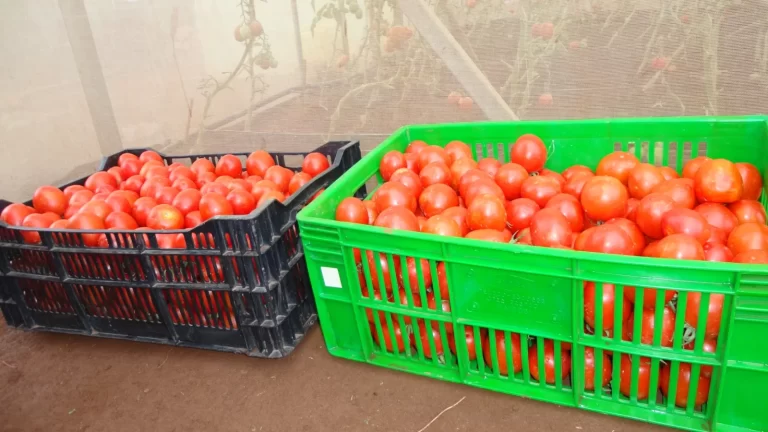

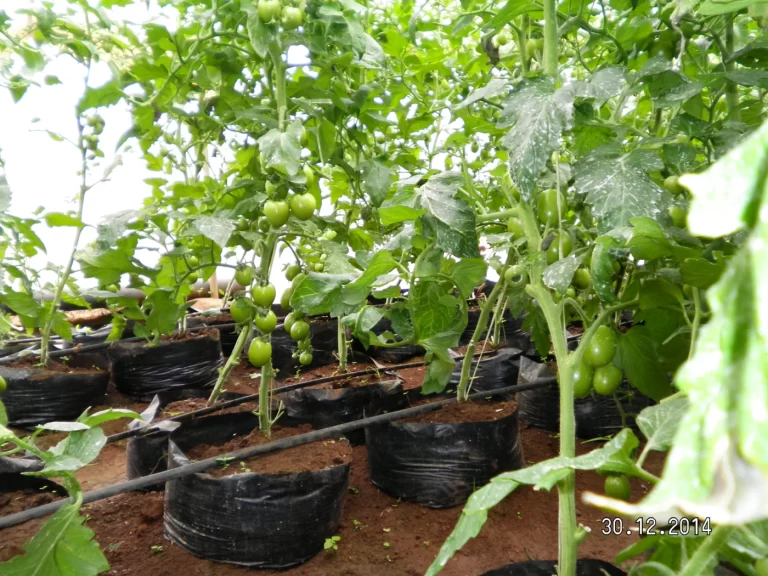
Established by H.E the First Lady Mrs. Jeannette Kagame in 2001, Imbuto Foundation has been implementing a holistic approach to uplift the most vulnerable communities through education, health, and empowerment programmes for women and youth.
Over the past years, the Imbuto Foundation has supported 2081 Youth and women in agriculture with the goal of improving the living standards of disadvantaged groups, particularly youth and female-headed households, by training them in income-generating activities, particularly tomato intensification and marketing.
In Rwanda, 62.5% of the population is under the age of 30 years, indicating that the population is predominantly young. According to the recent Labour Force Survey (2024), 12.9% of the youth remain unemployed. As stated by the same report, 28.4% of youth (16-30 years) are neither in employment nor in education or training (NEET).
The same report reveals that around 55.2% of the youth are engaged in market-oriented agriculture. There are numerous agriculture opportunities for youth, supported by government and private sector initiatives. Key areas include agri-tech innovations, horticulture and high-value crop production, livestock, and aquaculture.
Yet around the world, few young people see a future for themselves in agriculture or rural areas. Rural youth face many challenges in trying to earn a livelihood. Pressure on arable land is high in many parts of the world, making it difficult to start a farm.
Youth often have limited or no access to:

Imbuto Foundation introduced the “Imali Agribusiness” in Agriculture program. Imali means prosperity and increased income, which we wish for the youth. This project aims to engage and support Youth Entrepreneurs in agriculture to scale up their impact and empower many young farmers.
In addition, the project is in alignment with the government’s 2nd National Strategy for Transformation (NST2) vision and commitment to create 1.25 million productive and decent jobs, providing 250,000 new jobs annually for economic development through supporting priority sub-sectors with high potential for growth and employment, including the agriculture value chain.
By addressing the mentioned barriers head-on, the Imbuto Foundation aims to transform agriculture from an alternative plan option to a career of choice for Rwanda’s youth.
Our approach recognizes that young people are not just beneficiaries of agricultural programs but are essential catalysts for transforming the sector into a modern, profitable, and sustainable industry.
Imbuto Foundation is keen to scale the Imali initiative by blending its approach with different stakeholders. The Imali approach entails rewarding the most innovative agriculture projects with seed capital to the 10 most potential projects through a competitive process after 6 months of mentorship for all 10 winners.
These entrepreneurs will apply to participate in the competition and successful entities will receive seed funds to expand their business and source from youth producers or sell to the processors
10 Million each
25 Million
15 Million
10 Million
5 Million each
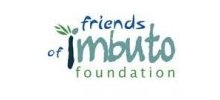
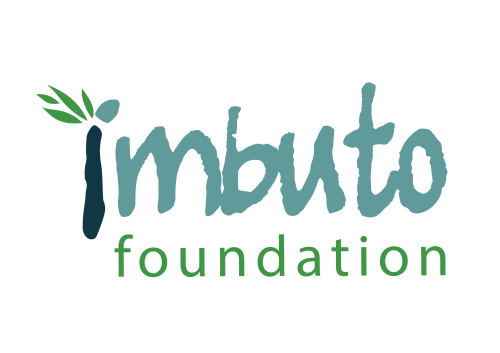
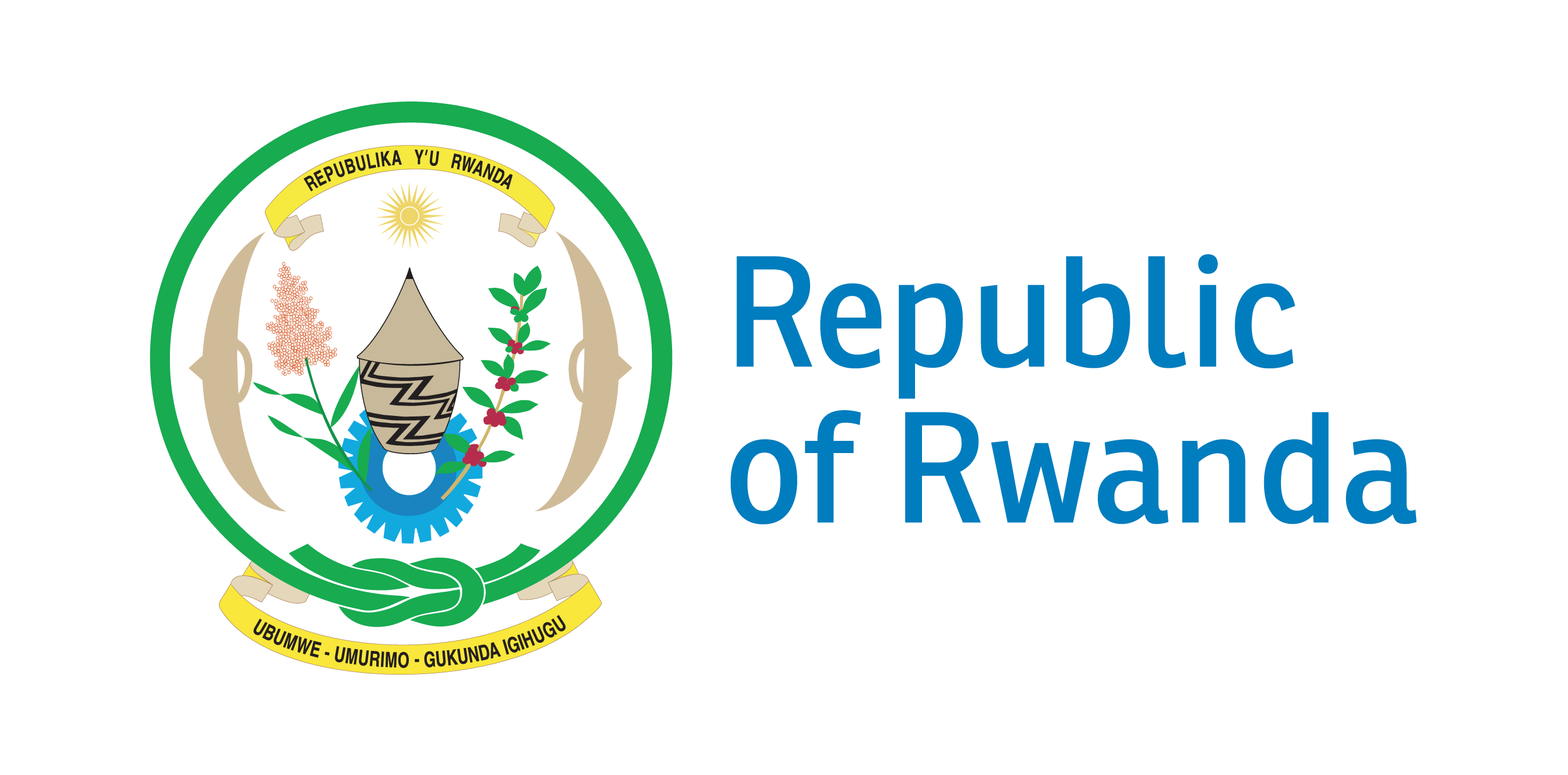
Thank you for your interest in Imali Agribusiness Challenge phase 2. Applications closed on 5 April 2025.
Stay tuned for future opportunities.
Thank you for your interest in the Imali Agribusiness Challenge. To make the process easier for you.
Below are some of the key criteria considered in the selection process:
1. The project should be in the agriculture value chain.
2. The projects should be in the implementation stage.
3. The owner should be a youth between 18 and 30 years old.
4. . The project should have a physical working place for implementation.
5. The project should be sustainable and have a plan for job creation.
6. The project must have a registration certificate from the Rwanda Development Board
(RDB) or Rwanda Cooperatives Agency (RCA)
7. To attend the mentorship of 6 months in case your project is selected.
8. It should be an environmentally friendly project.
9. The project should be operational, engage other farmers, and be able to prove it.
Murakoze gusura urubuga rw’irushanwa rya Imali Agribusiness Challenge.
Bimwe mu bizagenderwaho mu guhitamo imishinga izitabira irushanwa:
1. Kuba ari umushinga uri mu buhinzi bwongera umusaru
2. Kuba ari umushinga usanzwe ukora kandi ufite ibikorwa bifatika
3. Nyir’ umushinga agomba kuba ari mu cyiciro cy’urubyiruko (hagati y’imyaka 18 na 30)
4. Kuba umushinga ufite aho ukorera hazwi
5. Umushinga ugomba kugaragaza ko uzakomeza kwaguka kandi uzatanga akazi ku bantu benshi
mu gihe kiri imbere
6. Umushinga ugomba kuba ufite icyemezo cy’uko wanditswe muri Rwanda Development Board
(RDB) cyangwa Rwanda Cooperatives Agency (RCA)
7. Kuba nyir’umushinga azabasha kuboneka mu mahugurwa (Mentorship) mu gihe cy’amezi 6
8. Kuba ari umushinga wita ku bidukikije
9. Kuba ari umushinga ukorana n’ abandi bahinzi kandi witeguye kubyerekana